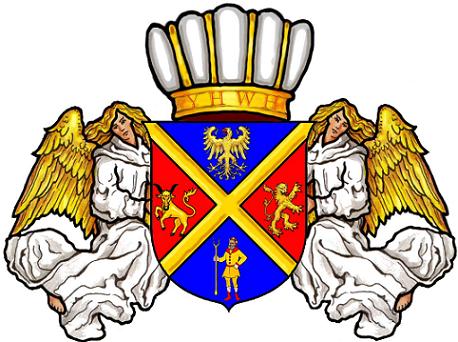
TCAWW Literature Bible Index
Christian History Books (click here)

Rei Friendly, one who maintained true allegiance to king David (Kg1 1:8) when Adonijah rebelled.
Reins The kidneys, the supposed seat of the desires and affections; used metaphorically for "heart." The "reins" and the "heart" are often mentioned together, as denoting the whole moral constitution of man (Psa 7:9; Psa 16:7; Psa 26:2; Psa 139:13; Jer 17:10, etc.).
Rekem Embroidered; variegated. (1.) One of the five Midianite kings whom the Israelites destroyed (Num 31:8). (2.) One of the sons of Hebron (Ch1 2:43, Ch1 2:44). (3.) A town of Benjamin (Jos 18:27).
Remaliah Adorned by the Lord, the father of Pekah, who conspired successfully against Pekahiah (Kg2 15:25, Kg2 15:27, Kg2 15:30, Kg2 15:32, Kg2 15:37; Isa 7:1, Isa 7:4, Isa 7:5, Isa 7:9; Isa 8:6).
Remeth Another form of Ramah (q.v.) or Ramoth (Ch1 6:73; Jos 19:21), and probably also of Jarmuth (Jos 21:29).
Remmon-methoar (Jos 19:13), rendered correctly in the Revised Version, "Rimmon, which stretcheth unto Neah," a landmark of Zebulun; called also Rimmon (Ch1 6:77).
Remphan (Act 7:43; R.V., "Rephan"). In Amo 5:26 the Heb. Chiun (q.v.) is rendered by the LXX. "Rephan," and this name is adopted by Luke in his narrative of the Acts. These names represent the star-god Saturn or Moloch.
Rent (Isa 3:24), probably a rope, as rendered in the LXX. and Vulgate and Revised Version, or as some prefer interpreting the phrase, "girdle and robe are torn [i.e., are 'a rent'] by the hand of violence."
Repentance There are three Greek words used in the New Testament to denote repentance. (1.) The verb metamelomai is used of a change of mind, such as to produce regret or even remorse on account of sin, but not necessarily a change of heart. This word is used with reference to the repentance of Judas (Mat 27:3). (2.) Metanoeo , meaning to change one's mind and purpose, as the result of after knowledge. (3.) This verb, with the cognate noun metanoia , is used of true repentance, a change of mind and purpose and life, to which remission of sin is promised. Evangelical repentance consists of (1) a true sense of one's own guilt and sinfulness; (2) an apprehension of God's mercy in Christ; (3) an actual hatred of sin (Psa 119:128; Job 42:5, Job 42:6; Co2 7:10) and turning from it to God; and (4) a persistent endeavour after a holy life in a walking with God in the way of his commandments. The true penitent is conscious of guilt (Psa 51:4, Psa 51:9), of pollution (Psa 51:5, Psa 51:7, Psa 51:10), and of helplessness (Psa 51:11; Psa 109:21, Psa 109:22). Thus he apprehends himself to be just what God has always seen him to be and declares him to be. But repentance comprehends not only such a sense of sin, but also an apprehension of mercy, without which there can be no true repentance (Psa 51:1; Psa 130:4).
Rephael Healed of God, one of Shemaiah's sons. He and his brethren, on account of their "strength for service," formed one of the divisions of the temple porters (Ch1 26:7, Ch1 26:8).